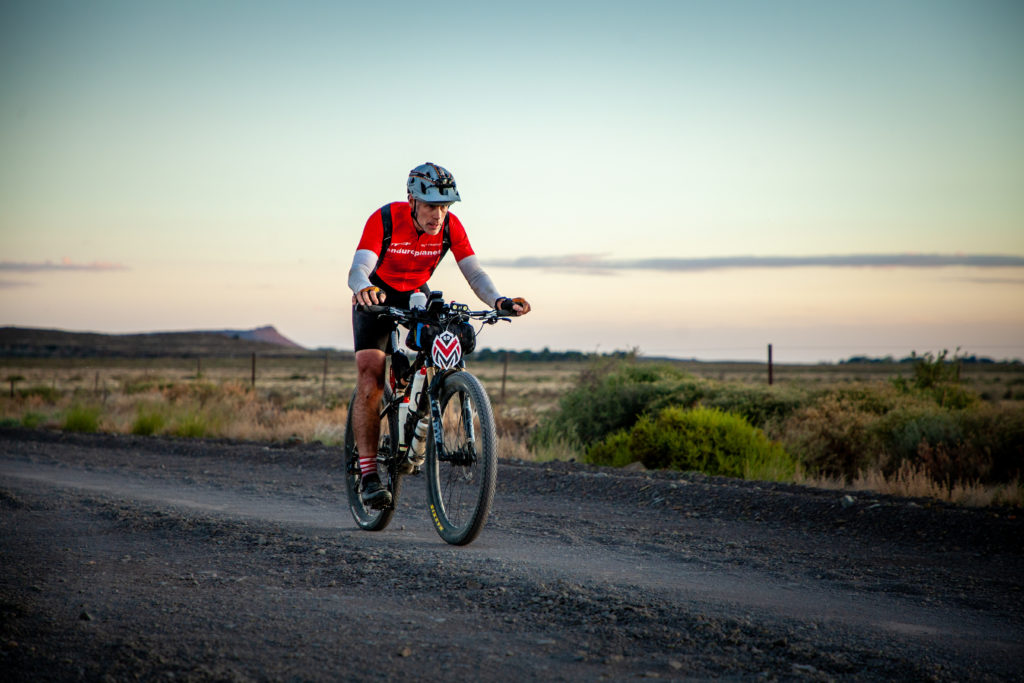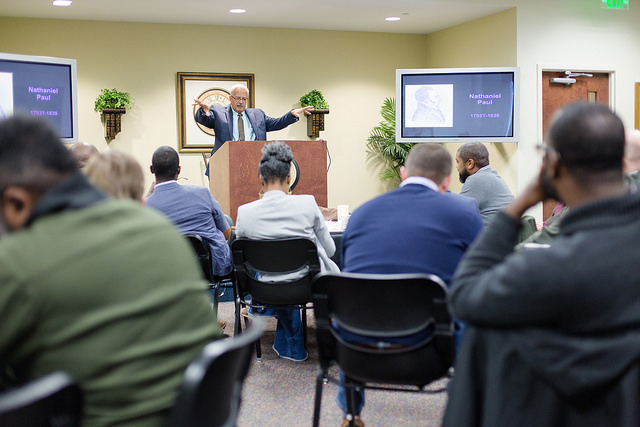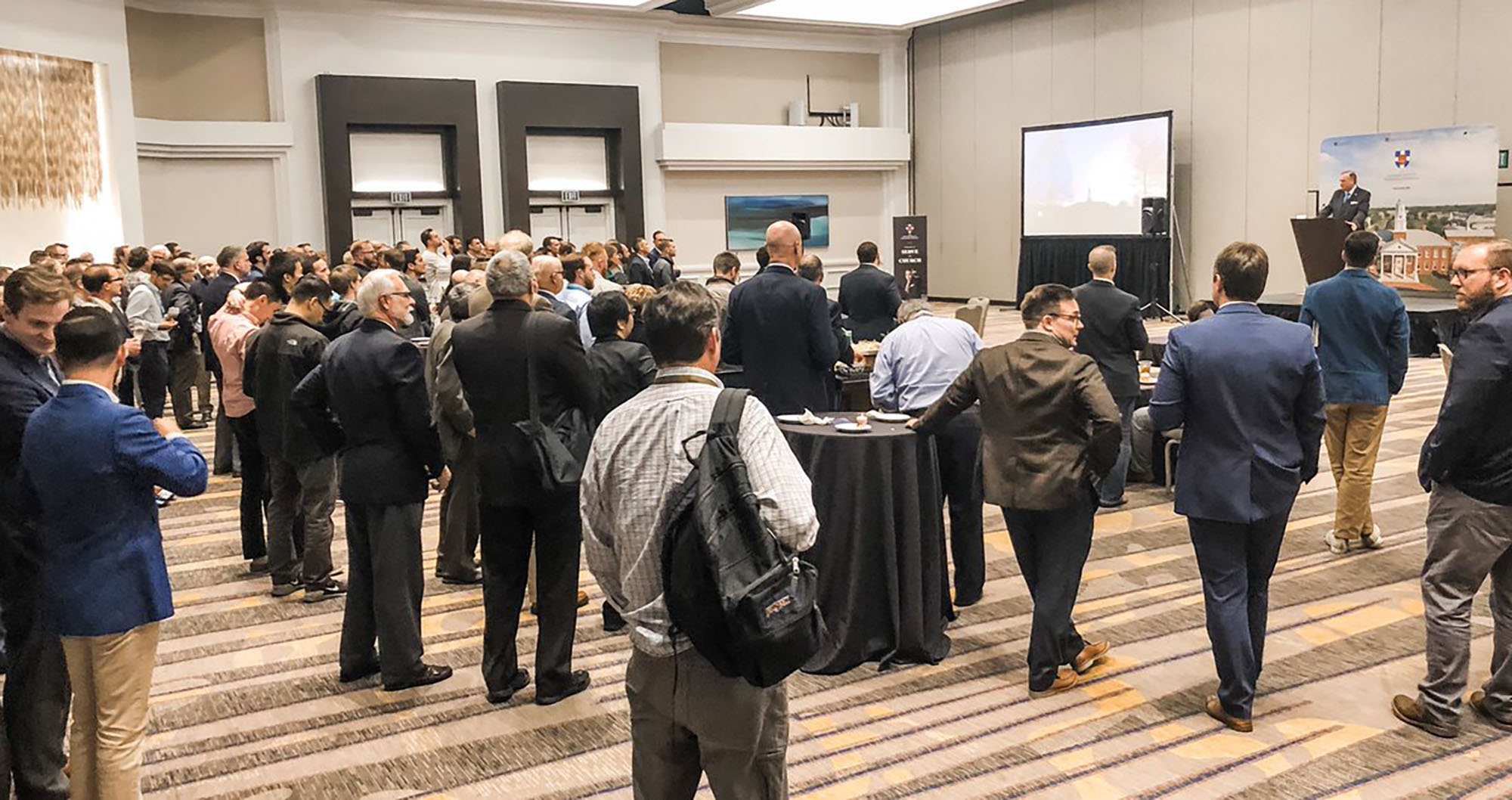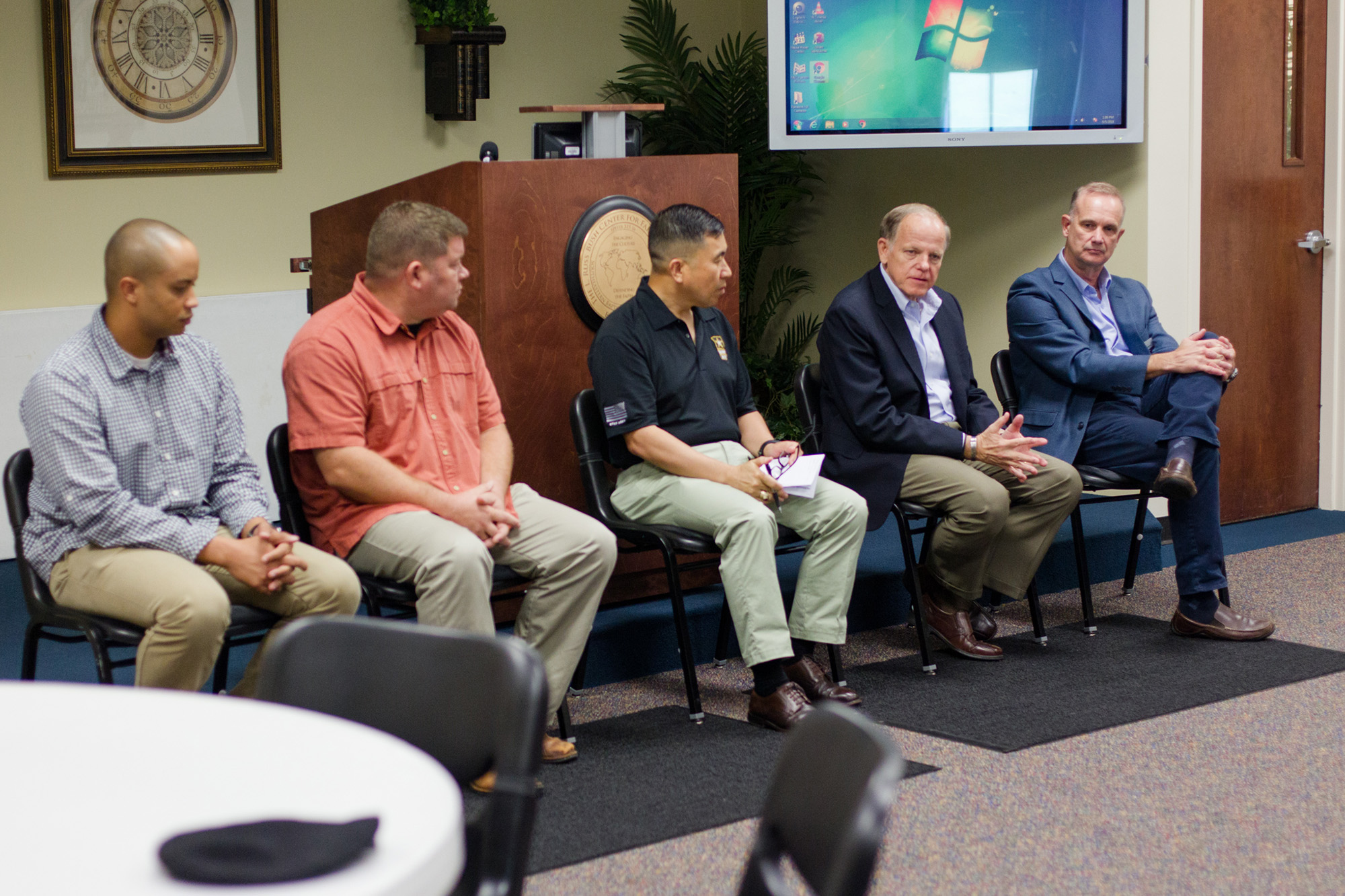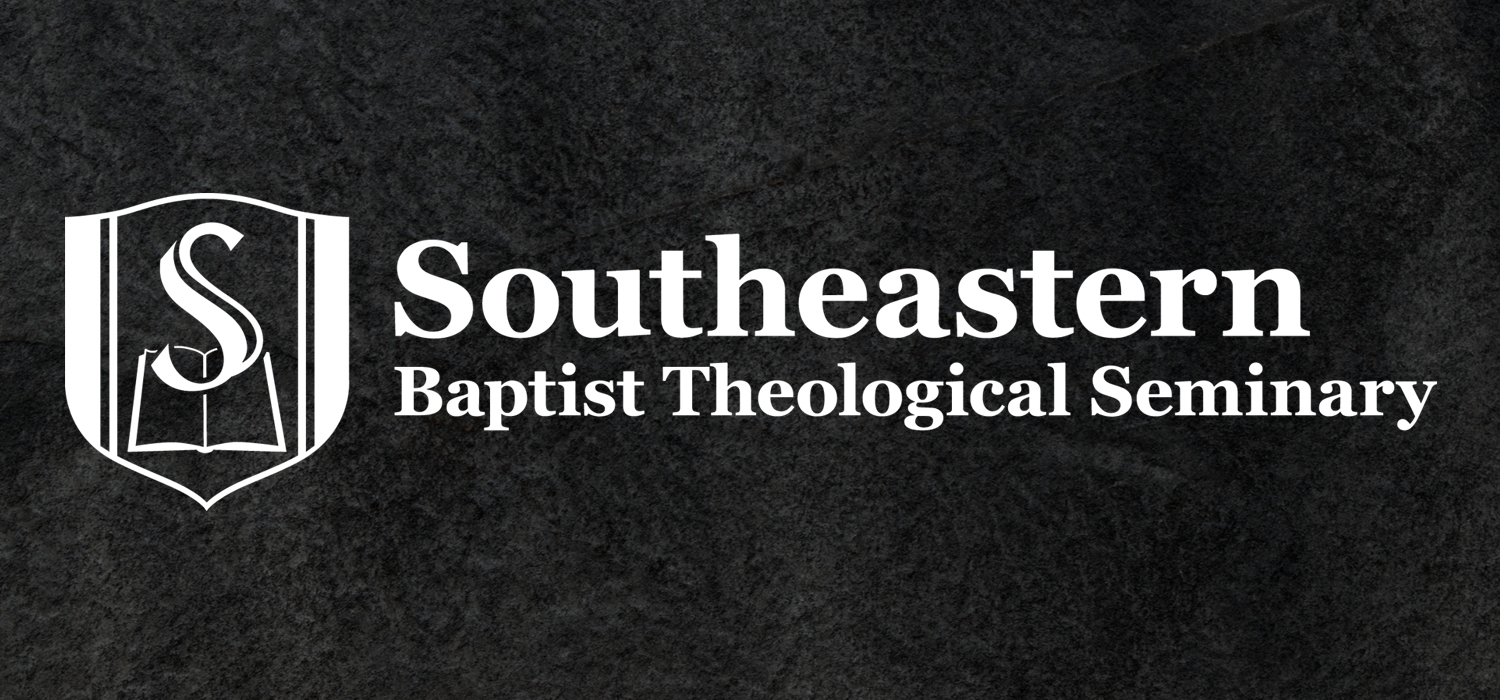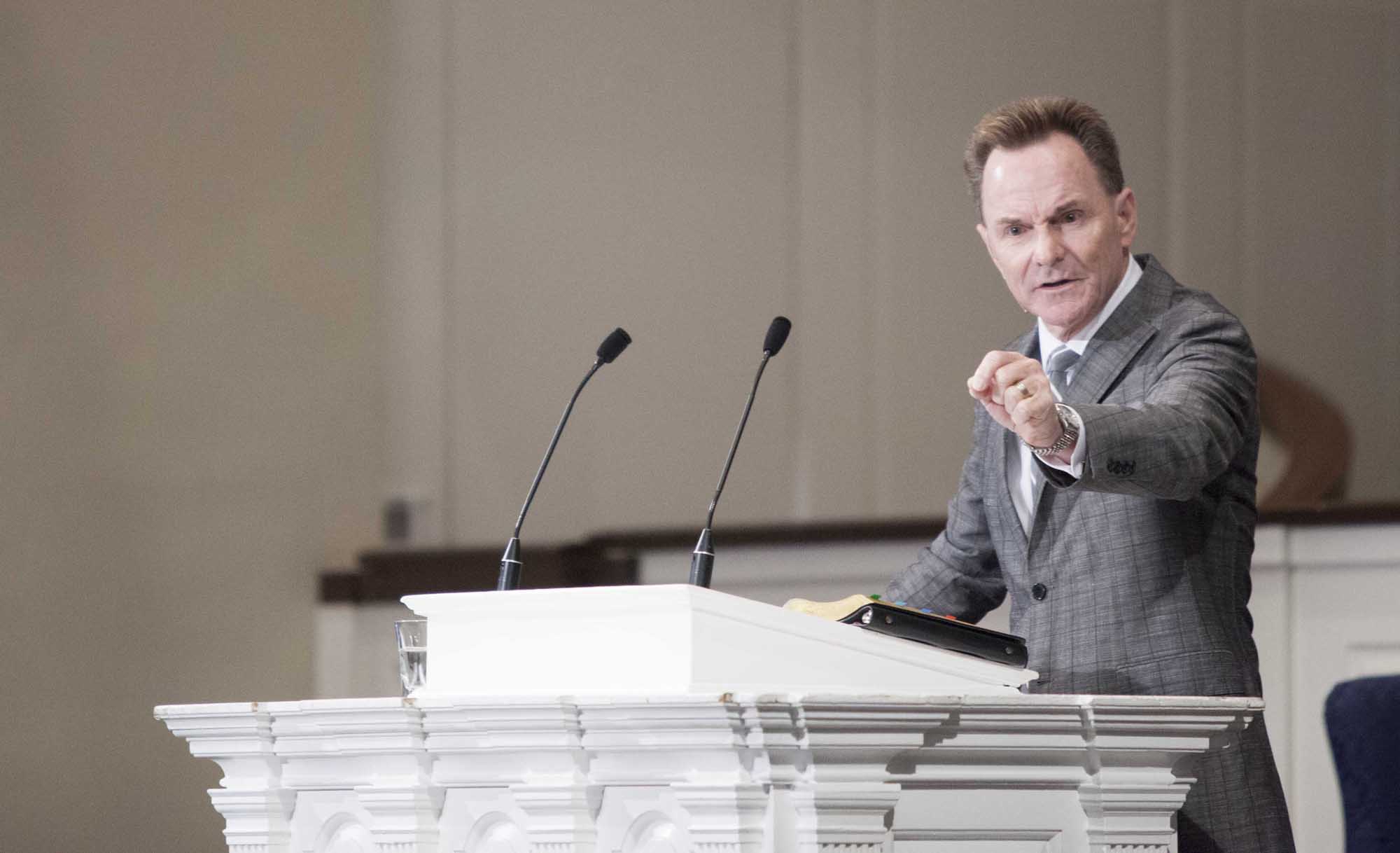
WAKE FOREST, N.C. (BP) – Endurance, longevity in ministry, and life-long integrity seem to be characteristics of the few – not the many – in church ministry today. As each week brings news of another leader’s public fall due to long-concealed moral failings, the need for Christ-like leaders who last is as urgent as ever.
In a recent interview, Jeff Struecker, assistant professor of Christian leadership at Southeastern Baptist Theological Seminary, shared about his most recent test of endurance and his reflections on developing a culture of Christian ministry and leadership that lasts.
In November and December of last year, Struecker embarked on a five-day, 1,000-kilometer race in South Africa: the Munga, a single-stage mountain bike race dubbed “the toughest race on earth.” Competing to raise money for the Three Rangers Foundation, Struecker persevered through diarrhea, nausea, dehydration and Shermer’s neck and biked nearly 790 kilometers before suffering severe respiratory distress, forcing him to withdraw from the race.
During these days and nights of extreme physical trial, Struecker was strengthened by and reminded of Christ’s endurance even unto death (Hebrews 12:2).
“The race was a deeply spiritual experience for me,” Struecker said. “I was exhausted. I had gone for days on just an hour or two of sleep. The muscles that supported my trachea were starting to collapse, and I literally couldn’t breathe anymore. It was the first time it ever truly hit me what it may have felt like not to be able to get a full breath on the cross, and in those last several hours, I thought, ‘Christ, you did this and more for me to redeem me from my sins. You went through this kind of torture for me.’”
Struecker was also regularly encouraged by the vibrant community he experienced during the race. Mentored along the way by veteran racers, helped by medics, and even saved by a fellow biker who saw his condition, Struecker relearned the importance of running one’s race in community – the kind of community that remains personally invested over the long haul.
As he prepares to resume teaching leadership courses at Southeastern this spring, Struecker plans to continue emphasizing the importance of community for longevity in ministry and leadership. As Struecker reminds students, God’s design for formative spiritual community and ministry begins with communion with God in Christ by the Spirit and requires discipline to make time for intimacy with God, family, and the local church.
“What I try to impress on my students is that you cannot draw water from an empty well, and you must minister to your own soul,” he said. “You need other believers and the Spirit of the living God ministering to your soul before you can give anything to anyone else. You are going to make some bad decisions if you start ministering on empty.”
“I challenge them to think about how they manage their time. I tell them to fight for their time with Jesus like it is life and death because in ministry it might be life and death. Fight for your time with your family, and do not feel guilty about being with them. Then, when you are doing ministry with your church or on the mission field, give it everything you have – only, give it everything you have after the Spirit of the living God has filled you up.”
In Struecker’s own life, letting the Spirit minister to his soul involves disciplined time in the Word every morning. “I am in the Scriptures every day personally doing my devotions and praying before the Lord, and it is the first thing I do every day,” Struecker said. “This has been my daily spiritual discipline for more than 30 years.”
For Struecker, honest, life-on-life community in the local church is also a vital part of becoming humble and spiritually rooted. In these relationships, Christians learn endurance, practice sacrificial love, and fight for holiness together. “The local church is essential to keeping believers spiritually grounded,” he said. “The local church keeps me grounded as I am around God’s people with all their problems and challenges and as I am real with God’s people about all my problems and challenges.”
Struecker said he believes many church leaders have become isolated from the vitalizing community and accountability of the local church — often with disastrous results.
“What if we had a culture in the church where the pastor was quick to reach out to other staff members or staff were quick to confess sin and be honest about their temptations?” Struecker asked. “What if we had a church culture that invited prayer and sought out support as they fight their sin? What if we had a culture where we could come to the table with the ‘little’ sins and deal with them before they become catastrophic?”
Where do churches begin to build such a culture? Struecker advises teaching the church how to deal properly with sin.
“We have to train ourselves and our churches not to try to hide our sin,” he said. “First, because we are not hiding it from God. Second, we create a standard and perception with others that is impossible to live up to. And third, because it is good for us to confess our sins to one another. I am convinced that the attrition rate and the catastrophic failures in ministry would be far less and far fewer if we could be that vulnerable and that open with each other.”
“Repent early, repent often, repent well, and your ministry will last a lot longer,” he said.
